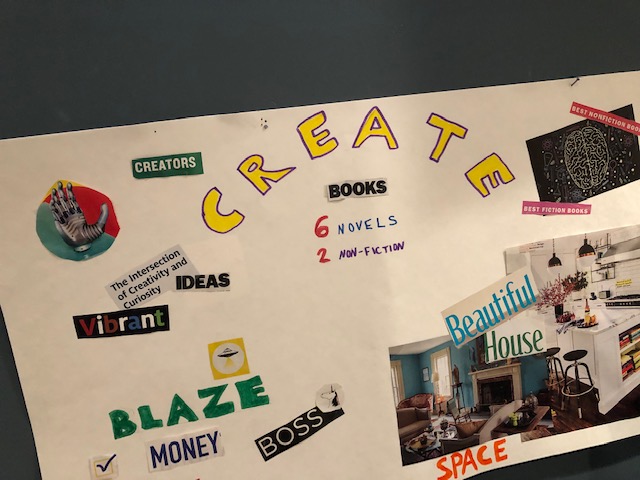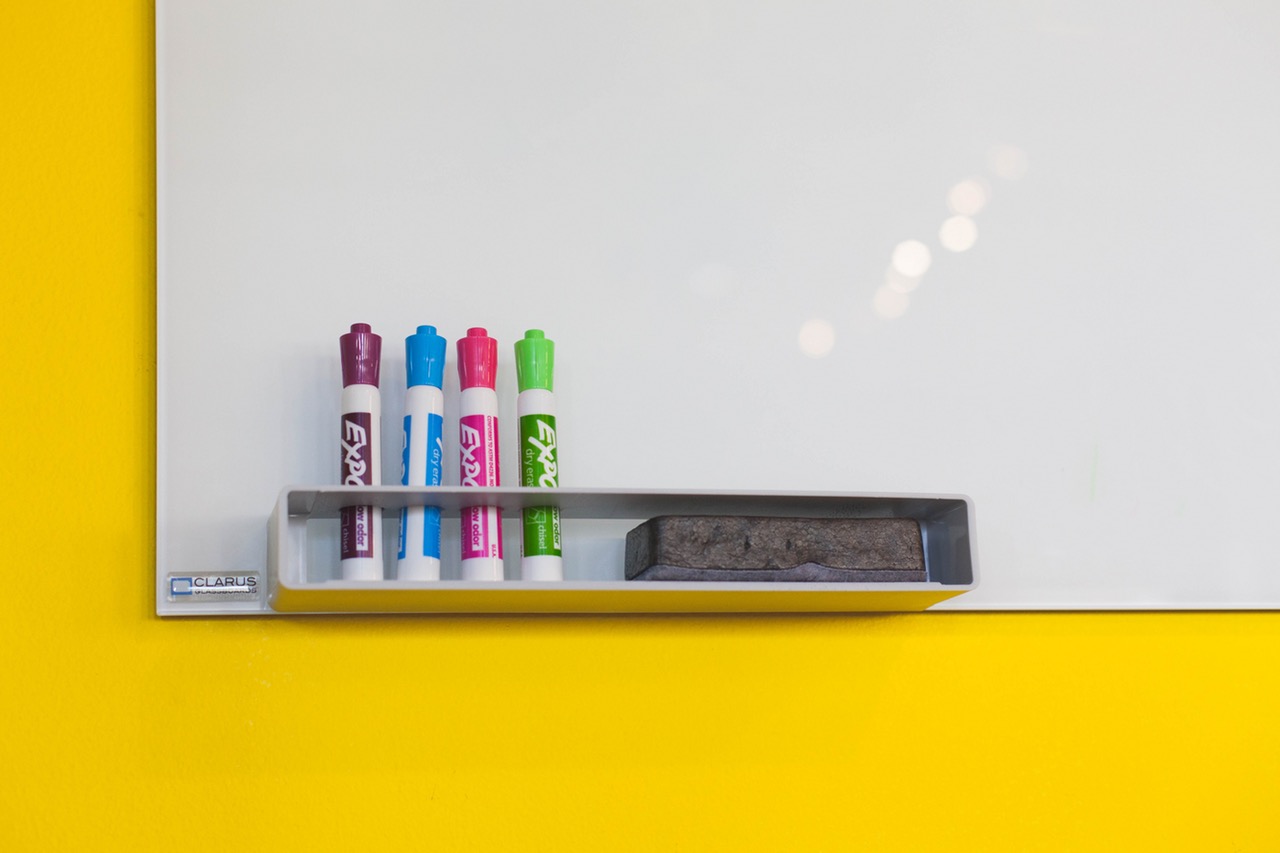“If you want something done, ask a busy person to do it.” – Lucille Ball
You are careful about time management. You’ve cut 90% of distractions. You don’t check your email until later in the day after you’ve spent time getting important work done. You batch tasks and avoid multitasking.
You’re following all the time management rules, and yet, you still don’t know where your time is going. Can you relate?
For years, I’ve been following self-help advice about maximizing your productivity (Getting Things Done, Tim Ferriss, and others). Are you following these time management principles?
-
Do your most important work in the morning—when your brain is fresh from waking up.
-
Follow a morning routine.
-
Make a list of the three most important things you need to get done for the day.
-
Don’t check email first thing in the morning. Schedule a few checkpoints throughout the day. Otherwise, the emails control your day.
-
Don’t eat lunch on the run. Be mindful when you eat.
-
Take a walk during the day to help your creativity. (Okay, I admit I don’t always get to this one).
-
Set a time every hour to get up and move, stretch, and do a few push-ups.
-
Don’t answer calls from people you don’t know.
-
Use meetings sparingly and only schedule 30 minutes at a time.
-
Turn off your Internet when doing creative work.
-
Chunk your time into 60-90 minute blocks where you focus on one thing or similar (batch) tasks.
Despite following these time management principles, I still feel as though I’m not accomplishing enough. Other busy people often tell me they feel the same way.
Why do we feel this way? I have a theory: Overwhelm and comparisonitis.
First, we are so overwhelmed with day-to-day minutia; we lose sight of the big picture. Your boss hands you another project to add to your overflowing plate. Your spouse signs you or your kids up to another activity—one that requires more time from you. Or, you have trouble saying no to something outside your true scope of responsibility.
As a result, our to-do list grows until we’re so consumed with making every hour count that we don’t step back to recognize our accomplishments. Job experts recommend keeping a list of your significant accomplishments that you can refer to during interviews.
We need to step back and realize how much we ARE doing. Spend 10 minutes every day journaling about what you’re learning. Imagine turning your experience into a book or a course that could help others like you (and give you side income).
The second reason we feel like we’re not accomplishing anything is comparisonitis. It’s that moment when you look at Facebook and see all the amazing lives that your friends and coworkers are living. You see their exotic vacation pics or a dinner that all your friends went to, but somehow you didn’t get the invite.
Argh. The social media highlight reel is a buzzkill and enough to dampen anyone’s spirit.
We inevitably compare ourselves to others: “She’s killing it with her new books and courses; What’s wrong with me? We took the same class about writing two years ago and look how far ahead of me she is!”
I belong to a Facebook group where many of the writers talk about being incredibly successful and all the money they are making. I’m thrilled for their success because it tells me there’s room for more authors to earn their livings writing books. But a tiny part of me feels disheartened. How can I ever catch up to them? Did I start too late? Will they laugh at me? What if I’m not as successful?
These feelings are normal. We’re human and have always had these types of emotions; it’s part of our hardwiring.
Our overwhelm and comparisonitis is amplified today. We have a constant stream of technology—phone notifications when you get an email or when someone mentions you on social media and people interrupting you like never before (Slack, Skype, Facebook Messenger, etc.).
So, what can we do?
1. Continue following the time management principles that work for you.
Take a look at the list above and check off what you’re following. Ask yourself whether each one is helping you. If not, consider ditching it. We are all unique, and like diets, the time management principles are not one-size-fits-all. Only use what works for you.
2. Turn off notifications.
I never realized how distracting my phone notifications were until I wrote this article. My phone screen flashed every time there was an email. Text messages buzzed the fitness tracker on my wrist making me feel like a prisoner in a sci-fi movie. Try turning these off for a week and see what happens.
Also, consider removing your social media apps from your phone. Or, move them off your main screen, so they are harder to find when you look at your phone.
3. Take 15 minutes each day to journal your accomplishments.

3 Most Important Tasks
You may be thinking, “but I don’t have any more time to give!” I get it. But I’m sure we can all find 15 minutes somewhere in our day.
You don’t have to focus on accomplishments—those can be hard to identify every day. Rather, note what you learned that day. What obstacles did you face and how did you grow as a result?
This approach follows the theory of growth mindset—essential for helping your navigate new challenges in a positive way.
4. Track your time for a week.
Ever had a personal trainer? Ever told white lies to him or her about what you’ve really been eating?
We’re all guilty of telling ourselves a few white lies about how productive we are with our time.
I tend to underestimate the time it takes me to do certain tasks. Feeling that several hours a day were disappearing somehow, I took a new approach. For one week, I carried around a small notebook and jotted down everything I was spending my time on.
Try this for yourself and be an objective observer. You don’t have to show this to anyone. The more honest you are, the more you’ll learn about your habits.
At the end of the week, add up the hours each day that you spent on “productive” tasks versus other downtime. How much time do you spend commuting, surfing social media, or watching TV? Consider outsourcing menial tasks, such as housecleaning, grocery shopping, and dog walking. Set up carpools, so the full burden of shuttling the kids to events doesn’t fall on you.
The data you discover should give you some ideas where you can course-correct. Maybe you could read or listen to audiobooks on your commute?
I learned that I was spending a lot of time reacting to client requests late in the day. This unplanned time on emails and texts took me away from other important work.
Other things I learned:
-
I lose time throughout the day switching between tasks. When I shift between clients, I need to make a transition between documents, webpages, and sometimes computers. This takes only a few minutes, but that adds up throughout the day. Then, when I go back to my original task, it takes me longer to reset my focus back to where I was before. It can be frustrating. So that’s why all the experts say, “Don’t multitask!”
-
My energy level diminishes later in the day. I’m at peak focus in the mornings, so I write and create the first part of my day. When tracking my time, it’s easy to see how my day gets messier the later it gets—lots of task switching and more time spent on miscellaneous stuff.
-
Sleep is the biggest predictor of how my day will go. I can go from a rotten day where nothing gets

Copyright: nesharm / 123RF Stock Photo
done, get a full night’s sleep, and be a rock star the next day. Don’t trust anyone who tells you that you don’t need much sleep. 7 hours, 15 minutes seems to be the sweet spot for me.
-
You are most vulnerable to comparisonitis when you don’t feel good. Learn to recognize your triggers. For me, checking Facebook early in the morning or late at night is bad. I’ll scan for direct messages or comments on a post, but the random scroll through your Facebook stream to see what’s happening can be a mood-breaker. Trust me; you don’t want to see pics of your best friend’s killer vacation in Mexico just before you’re sitting down to finish a project on deadline.
-
Using my time tracking notebook, I found some tasks that can be done concurrently:
-
Exercising while listening to a podcast.
-
Treadmill walking while reading (or calling people).
-
Cooking/dishwashing while listening to an audiobook.
-
Clearing emails while watching TV.
-

Source: negativespace.co
And on the topic of emails—good grief, I’m never caught up. I have 5 emails accounts due to multiple clients/projects. I’m trying to get better about staying on top of emails. Here are some tips for managing emails:
-
Deal with your emails once. Either archive, delete or delegate your email. If it’s a time-based activity, schedule it on your calendar immediately. If it’s a task, put it somewhere where you will get it done. If it is a task that will take you less than 2 minutes, just do it then. (I admit, I have a bad habit of leaving an email in my inbox as a reminder to follow-up. This isn’t necessarily bad as long as you don’t let 100 of these pile up).
-
Unsubscribe to as many emails as possible. If you never read emails from certain people, unsubscribe and save yourself the time.
-
Use a service such as Unroll.me to roll up your newsletters into a digest. This tool has saved me a ton of time.
-
Try using canned replies in Gmail. You can set up ready-to-go replies for common emails that you receive.
-
Set up a strategic email auto responder. This is great if you have a huge volume of email traffic. For example, you could say that between the hours of 8 am – 11 am, you are heads down on a creative project. If you have an assistant, provide their email address as a back-up. Another idea is having a list of helpful links (to articles, FAQs, books, etc.). Suggest that they browse that information and if they can’t find what they need, they can email you again.
-
Be careful about listing your email address on your website. Otherwise you may receive random requests from companies trying to sell you their services. Consider using your email and spelling out DOTCOM so that bots can’t pull your email into mailing lists.








Leave A Comment